- Home | Industry Update | Northern Cotton Yarn Dips While Recycled Threads Rise In Pan...
Northern Cotton Yarn Dips While Recycled Threads Rise in Panipat

Cotton yarn demand across northern India has shown visible signs of weakening, weighed down by the lingering uncertainty surrounding the India–US trade negotiations. Key textile hubs like Delhi and Ludhiana have recorded a notable dip in yarn prices, as buyers remain cautious, delaying fresh orders in anticipation of policy shifts that could impact sourcing costs and trade dynamics.
The atmosphere in these markets is subdued, with millers and traders adopting a wait-and-watch approach. The hesitance stems from concerns over tariffs and potential changes in bilateral trade terms that may alter the price structure of both raw cotton and finished yarns.
Contrary to this slowdown, Panipat India’s famed hub for recycled textiles has witnessed a sharp surge in recycled polyester-cotton (PC) yarn prices. The spike is largely attributed to reduced imports from Bangladesh, a key supplier of low-cost recycled materials. The restricted inflow has tightened local supply, prompting a price rally as manufacturers scramble to meet growing domestic demand.
Meanwhile, ICE cotton futures posted strength globally, and limited arrivals of cotton in domestic mandis added upward pressure to raw cotton prices in northern states. This has further complicated the outlook for cotton yarn producers, who now face higher input costs in a market where demand remains fragile.
As stakeholders across the value chain navigate these shifts, the industry watches closely for signals from the trade talks, hoping for clarity that can restore momentum to one of India’s oldest and most vital textile sectors.
02:40 PM, Jun 27
Other Related Topics

Rieter Issues Market Update on Completion of Barmag Acquisition
10:33 AM, Dec 20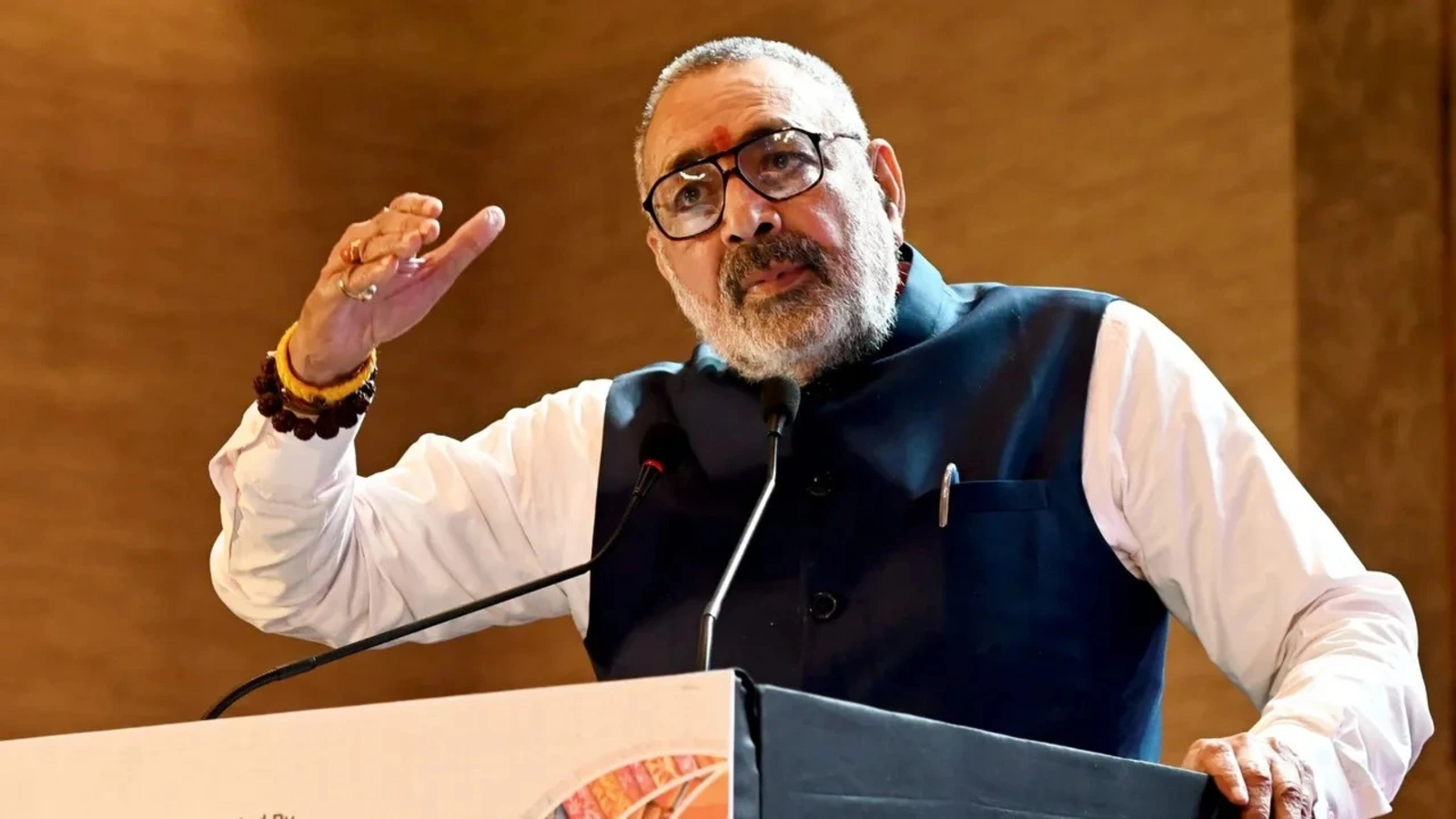
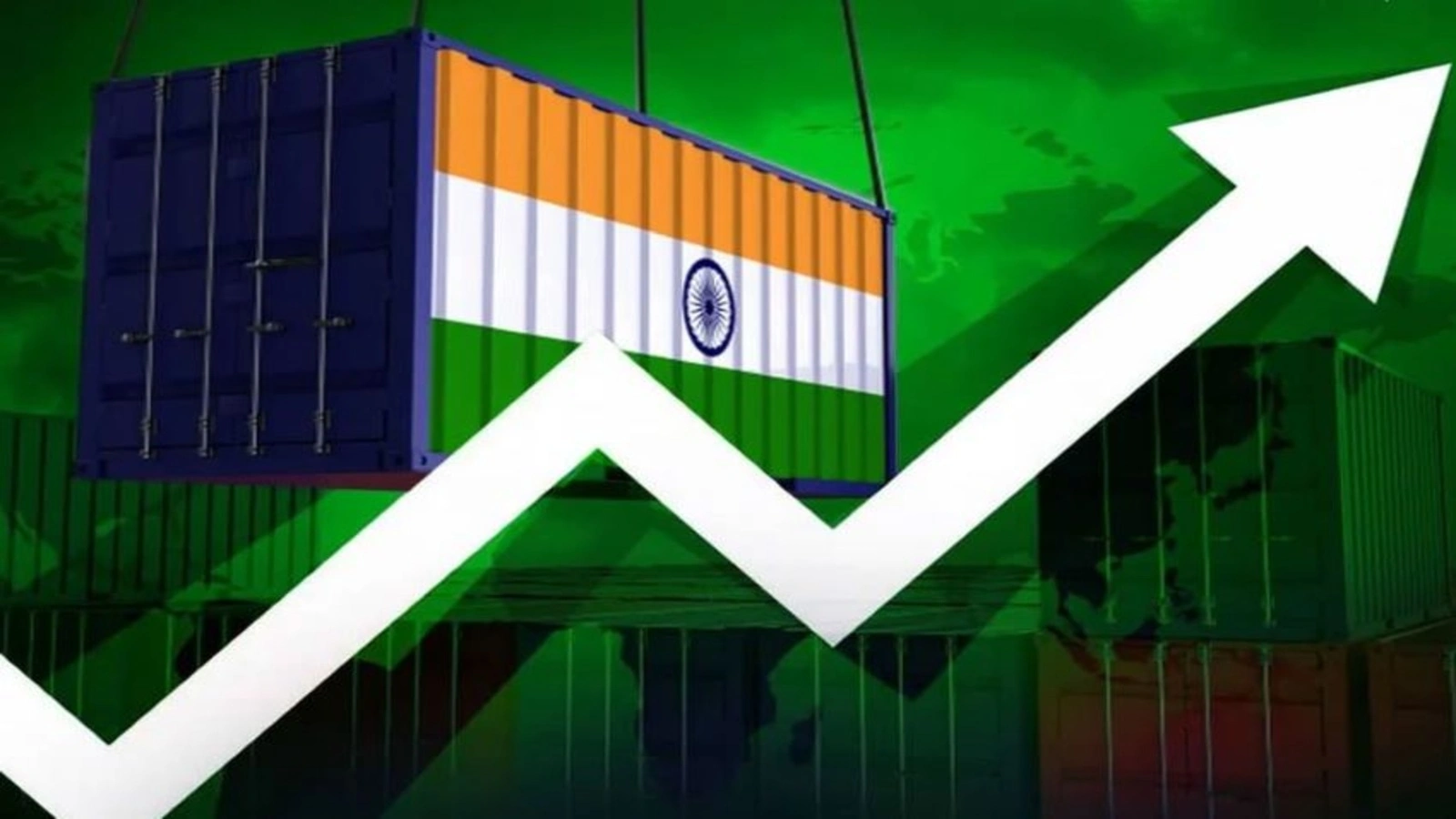
Indian Textile Exports Weave Strong Momentum with November Surge
11:24 AM, Dec 18Industry Update

Carrington Textiles Introduces Defence Stock Range for Faster Access to Military Fabrics...view more



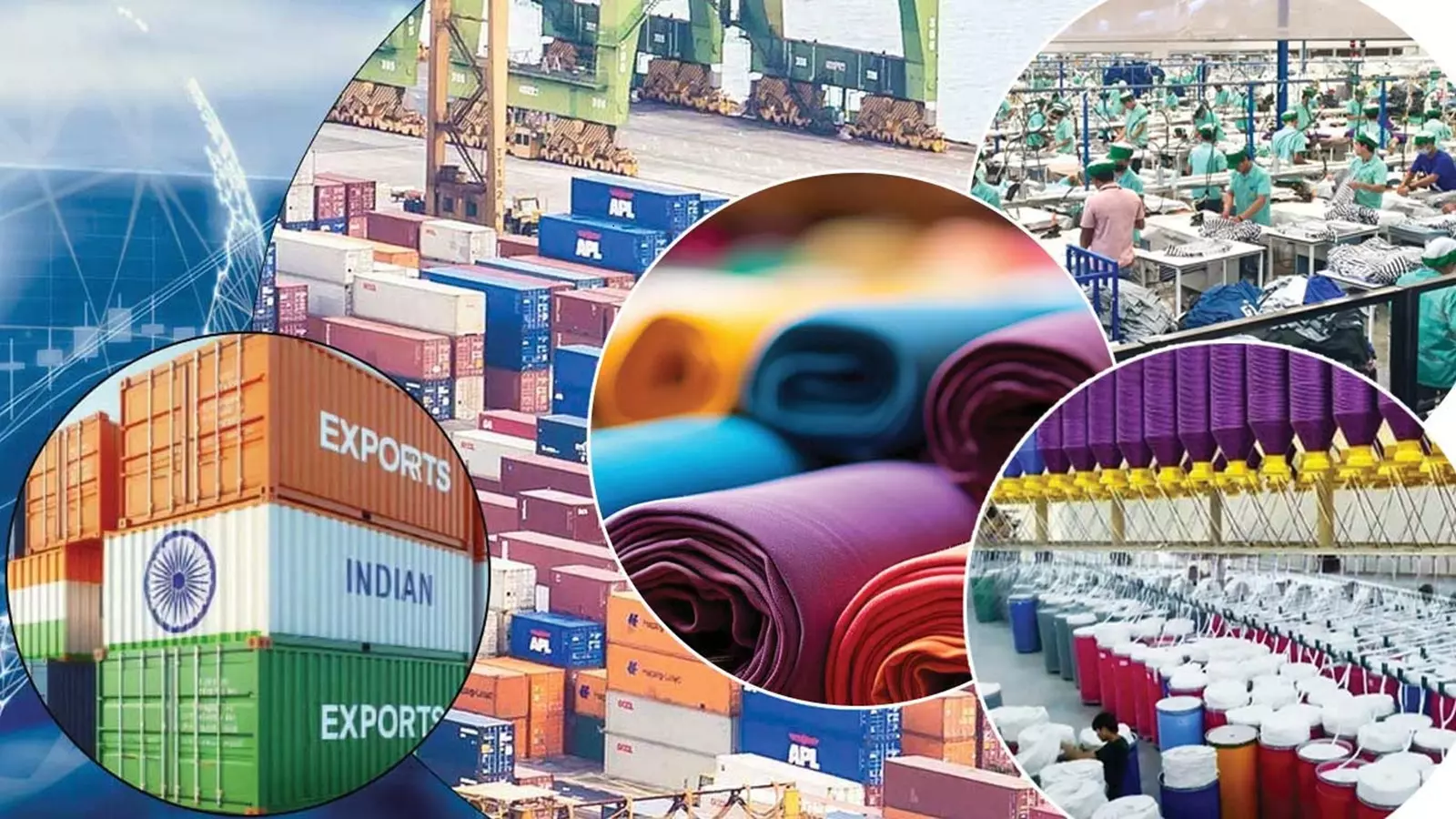
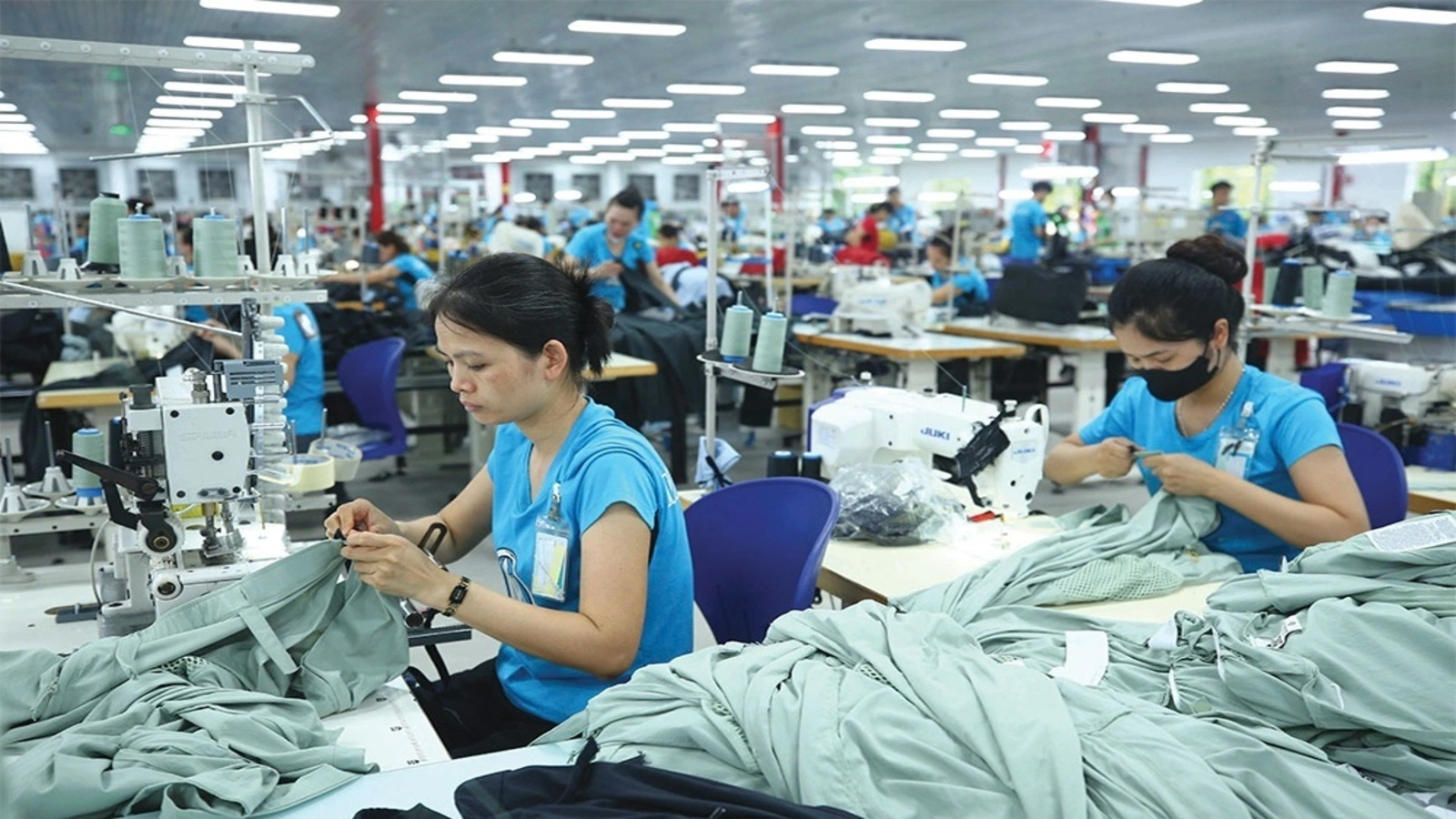
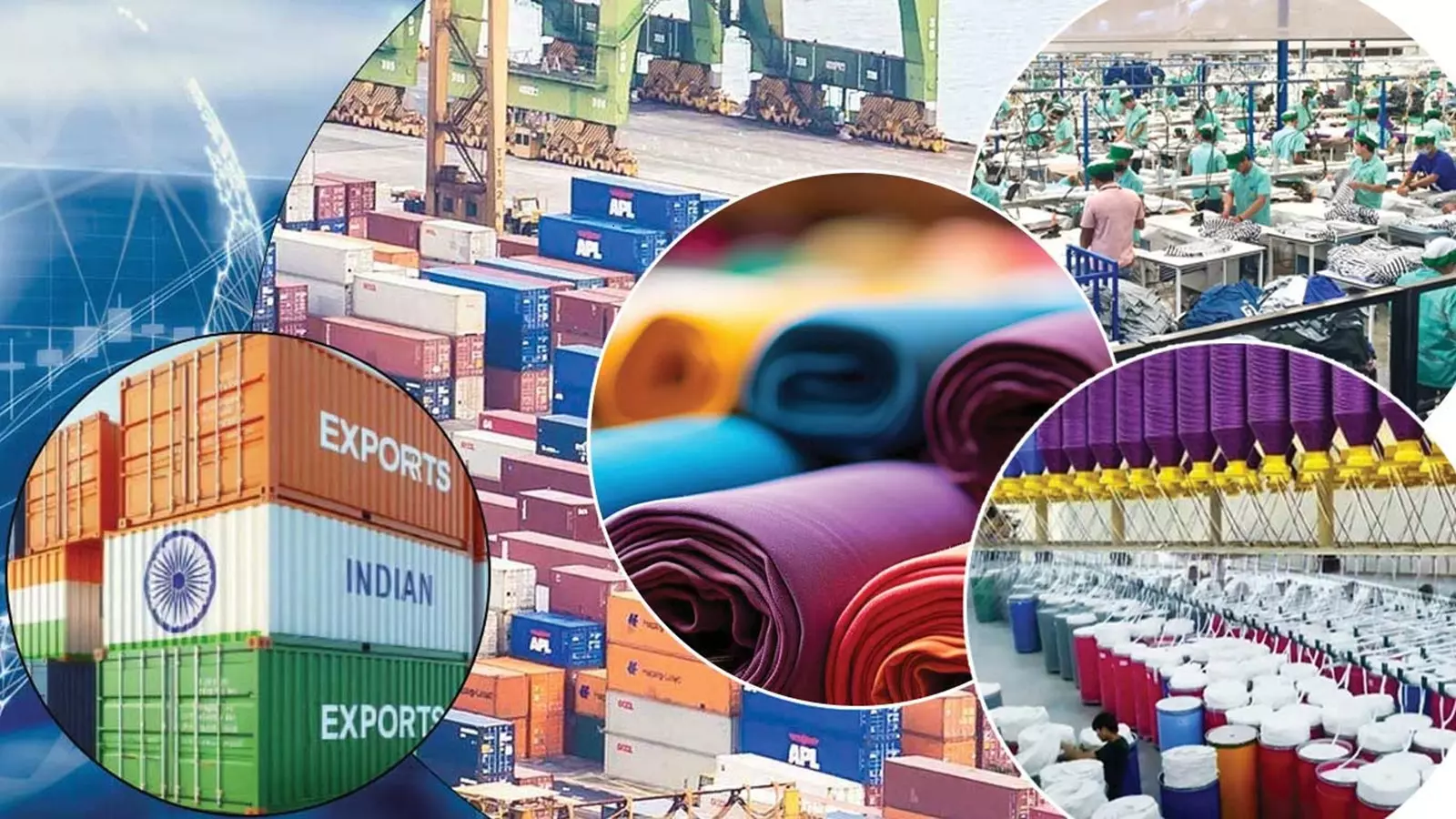

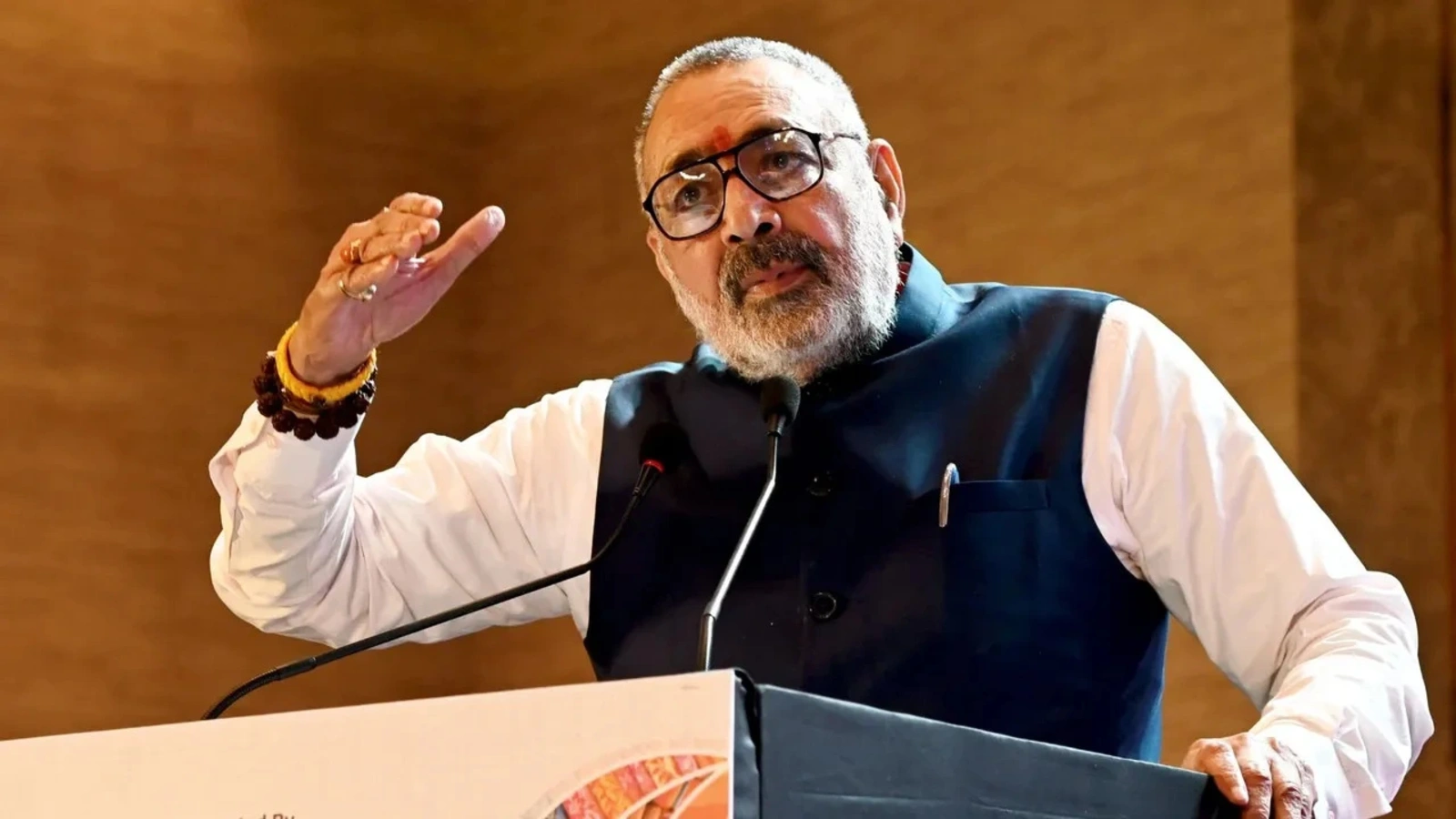
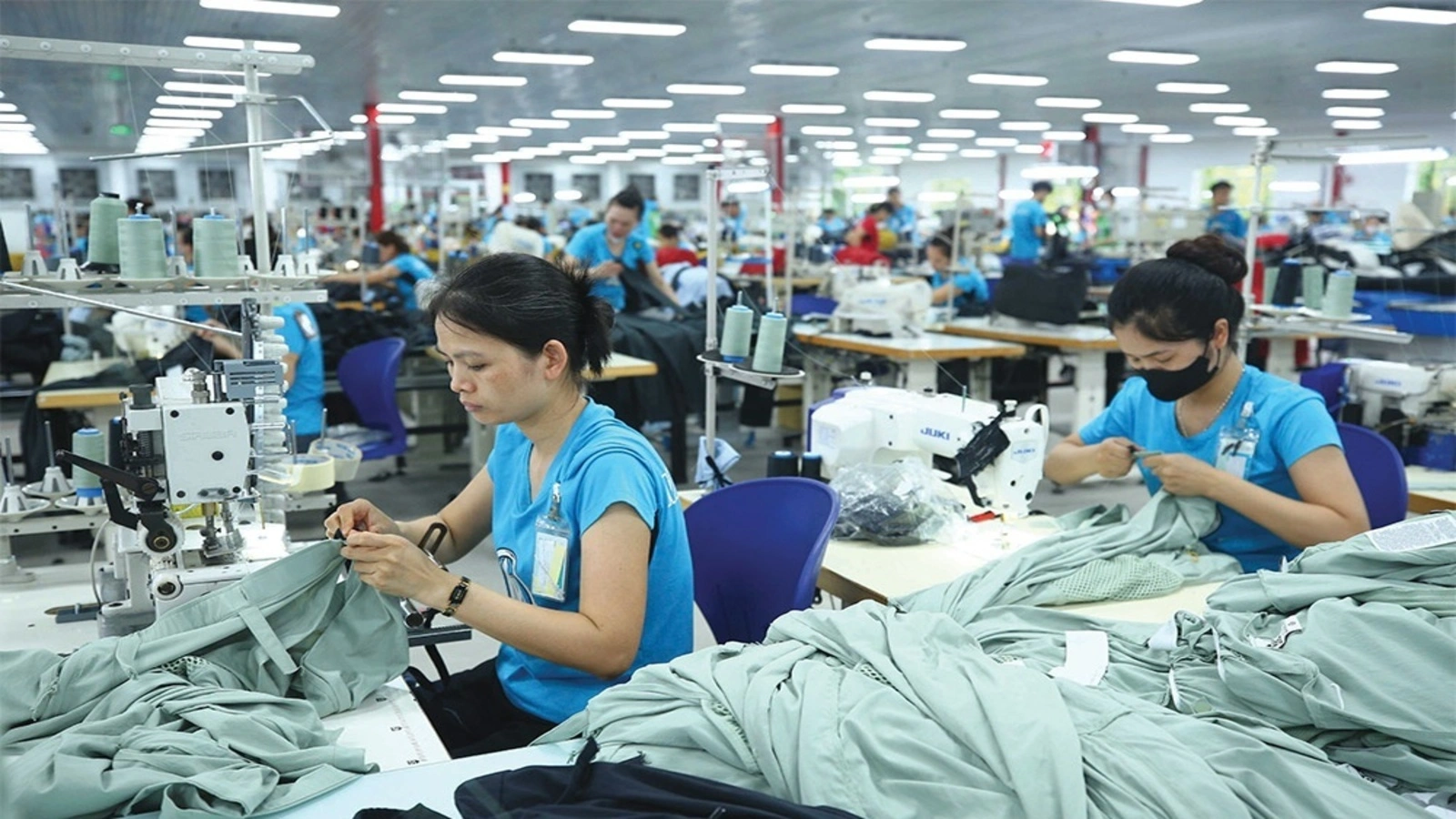
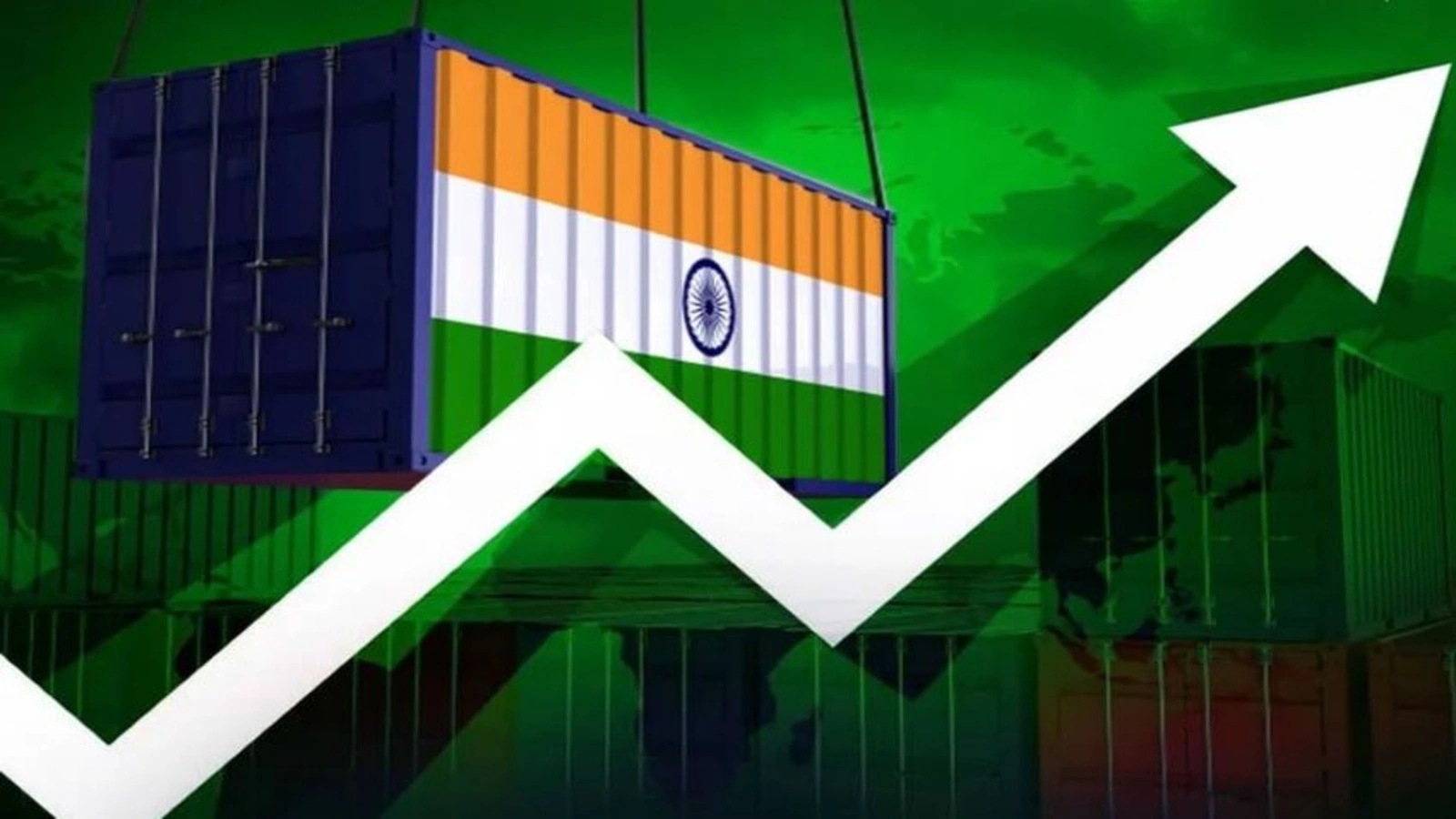
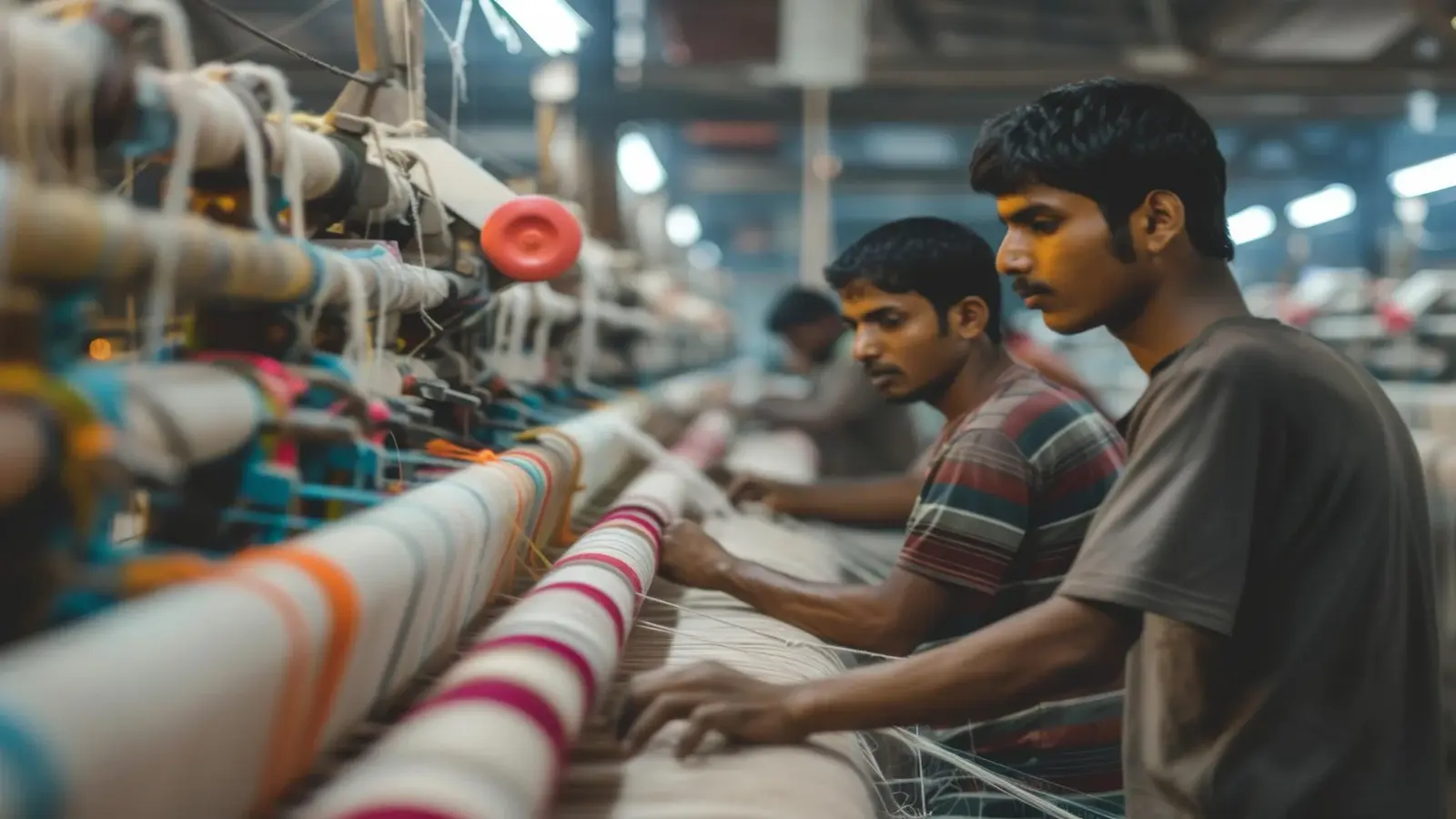

1.webp)






1.webp)

1.webp)
1.webp)

1.webp)

1.webp)

.webp)

1.webp)
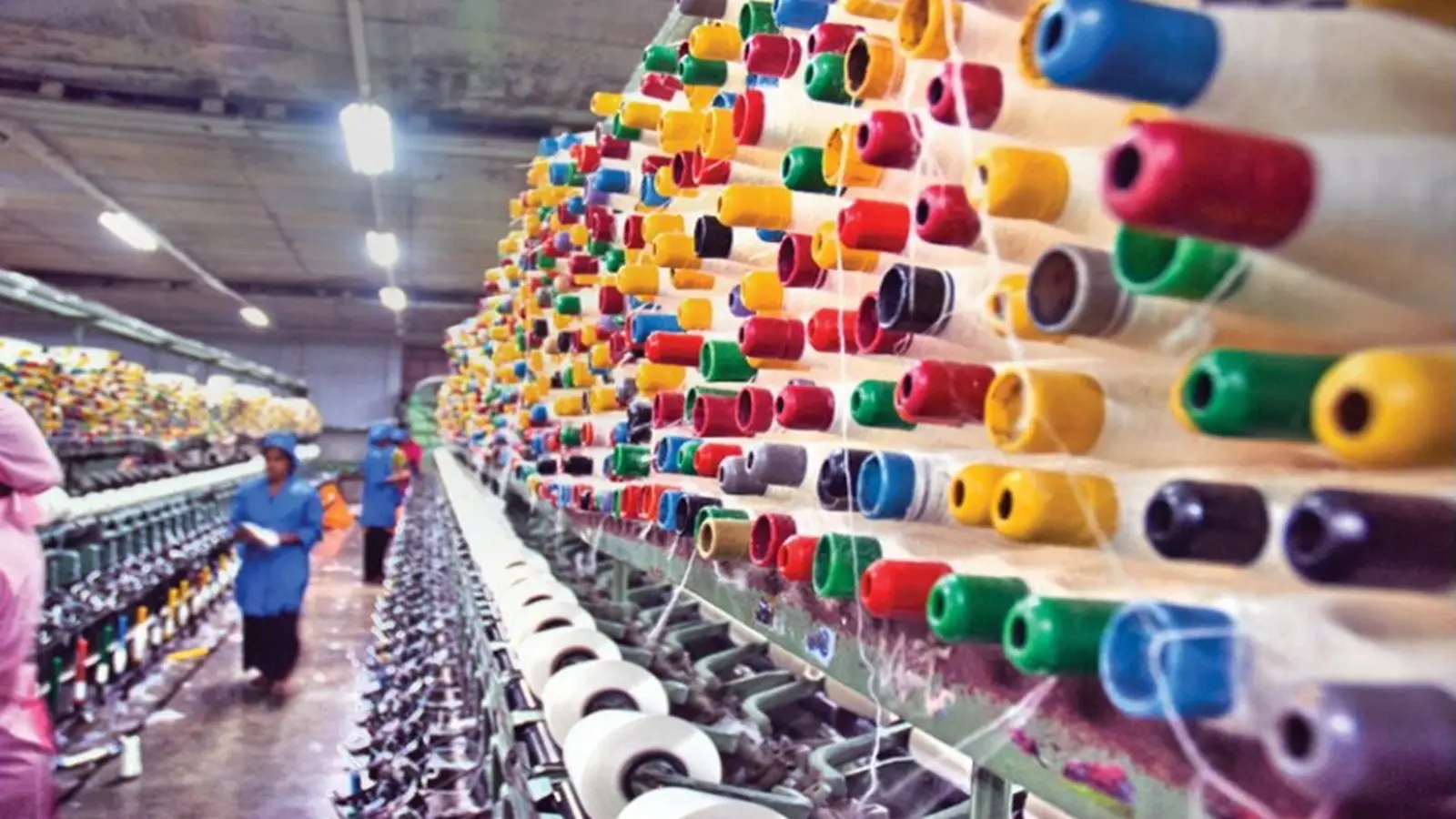
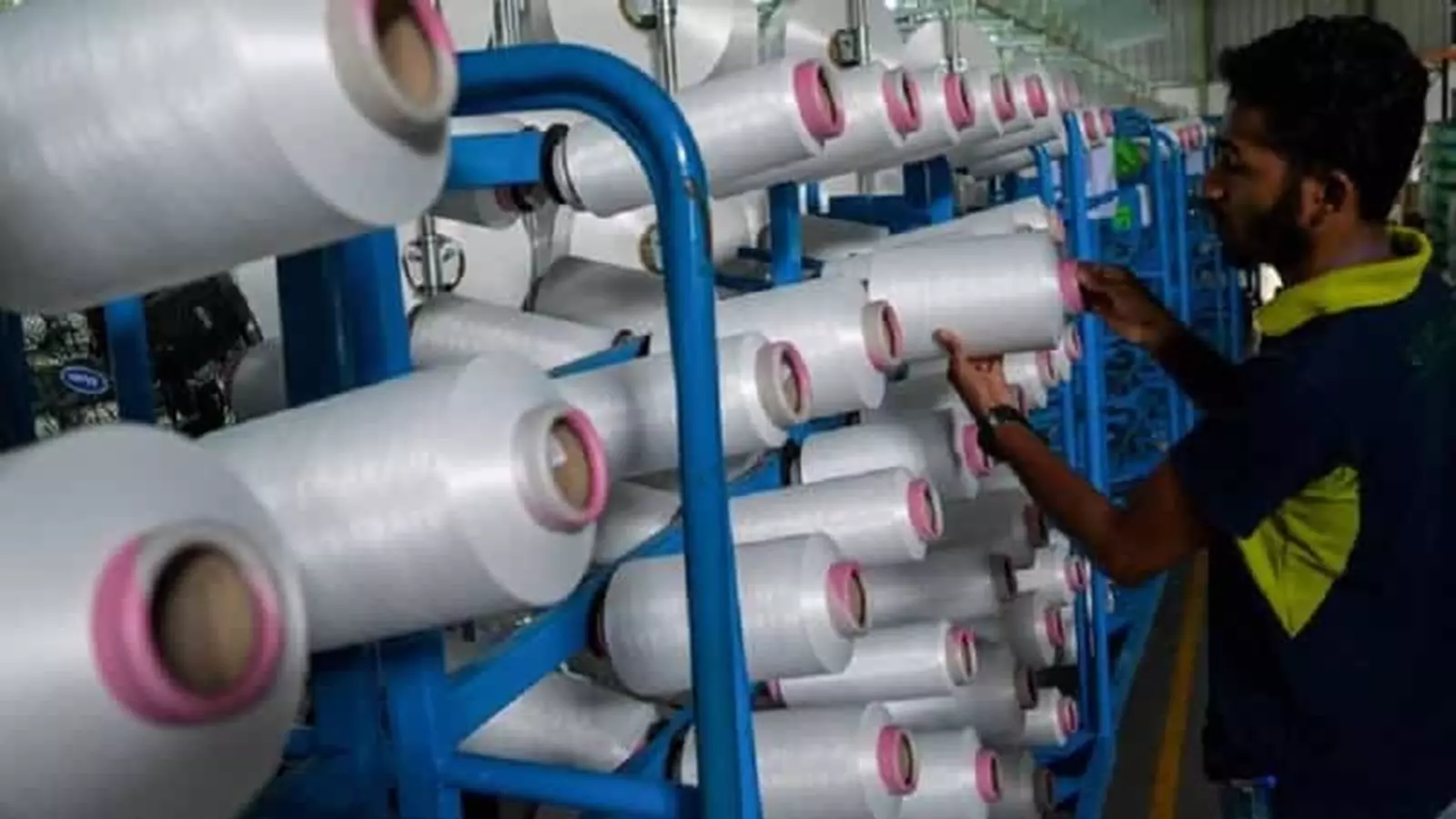

1.webp)







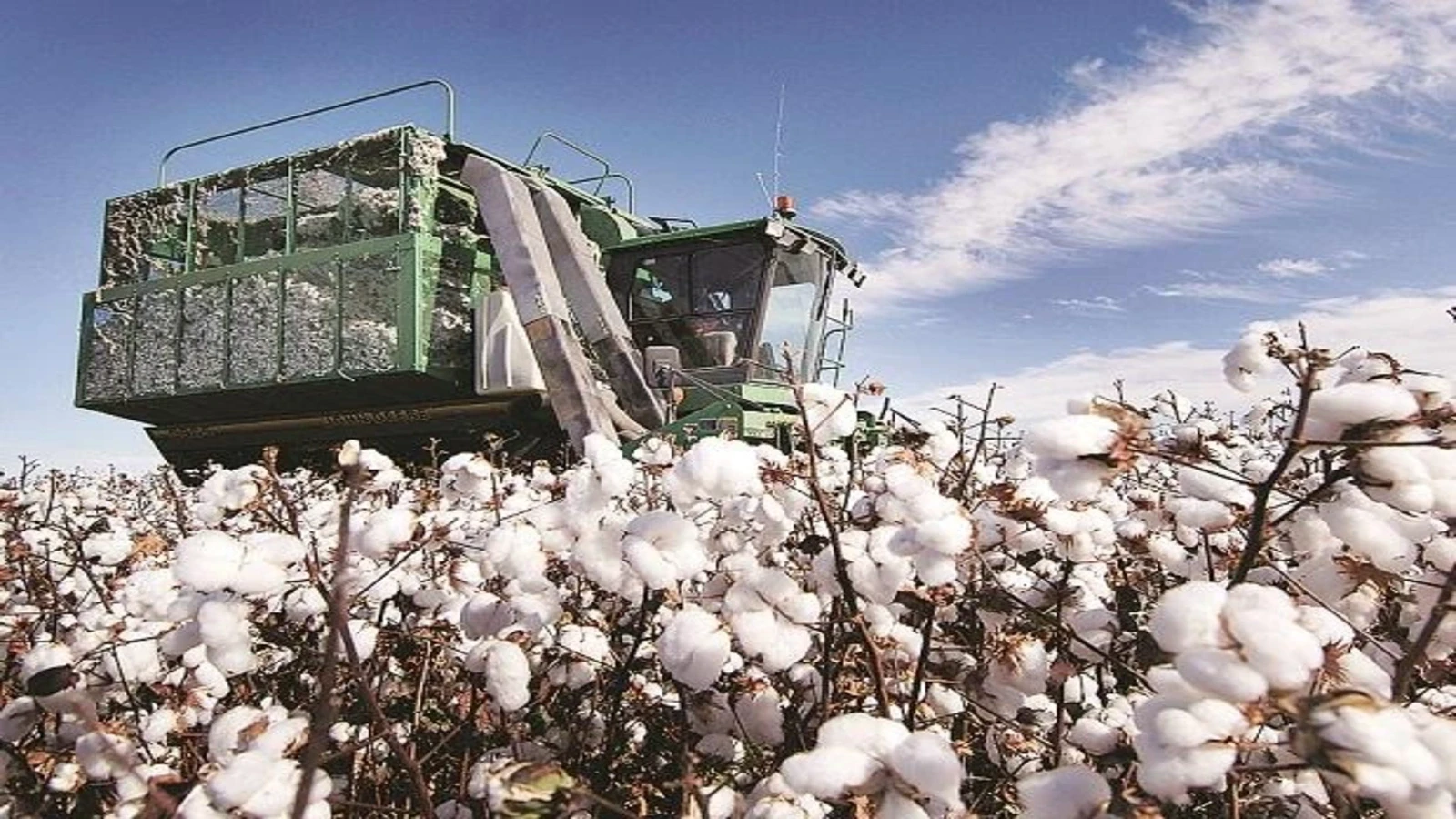
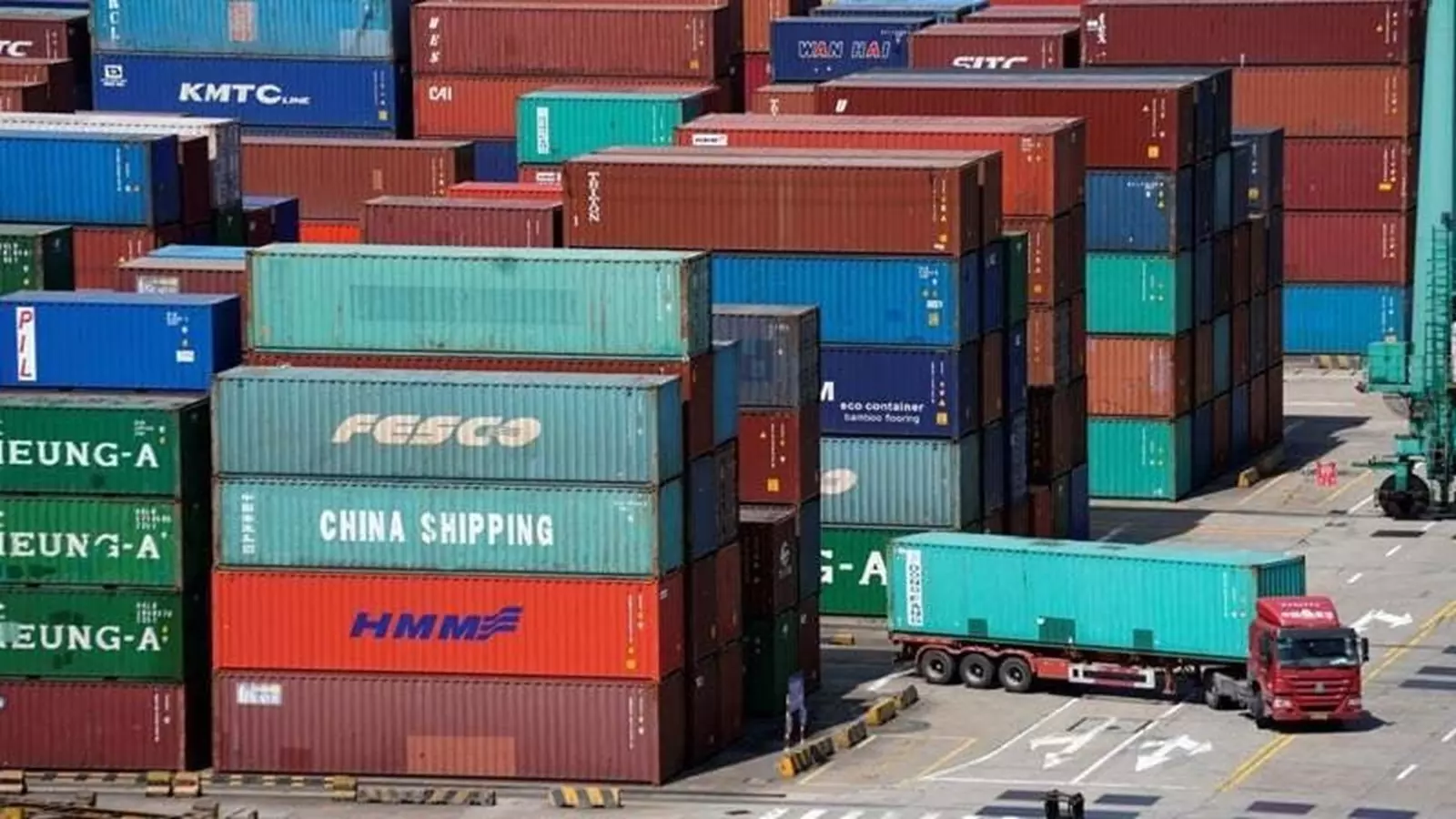
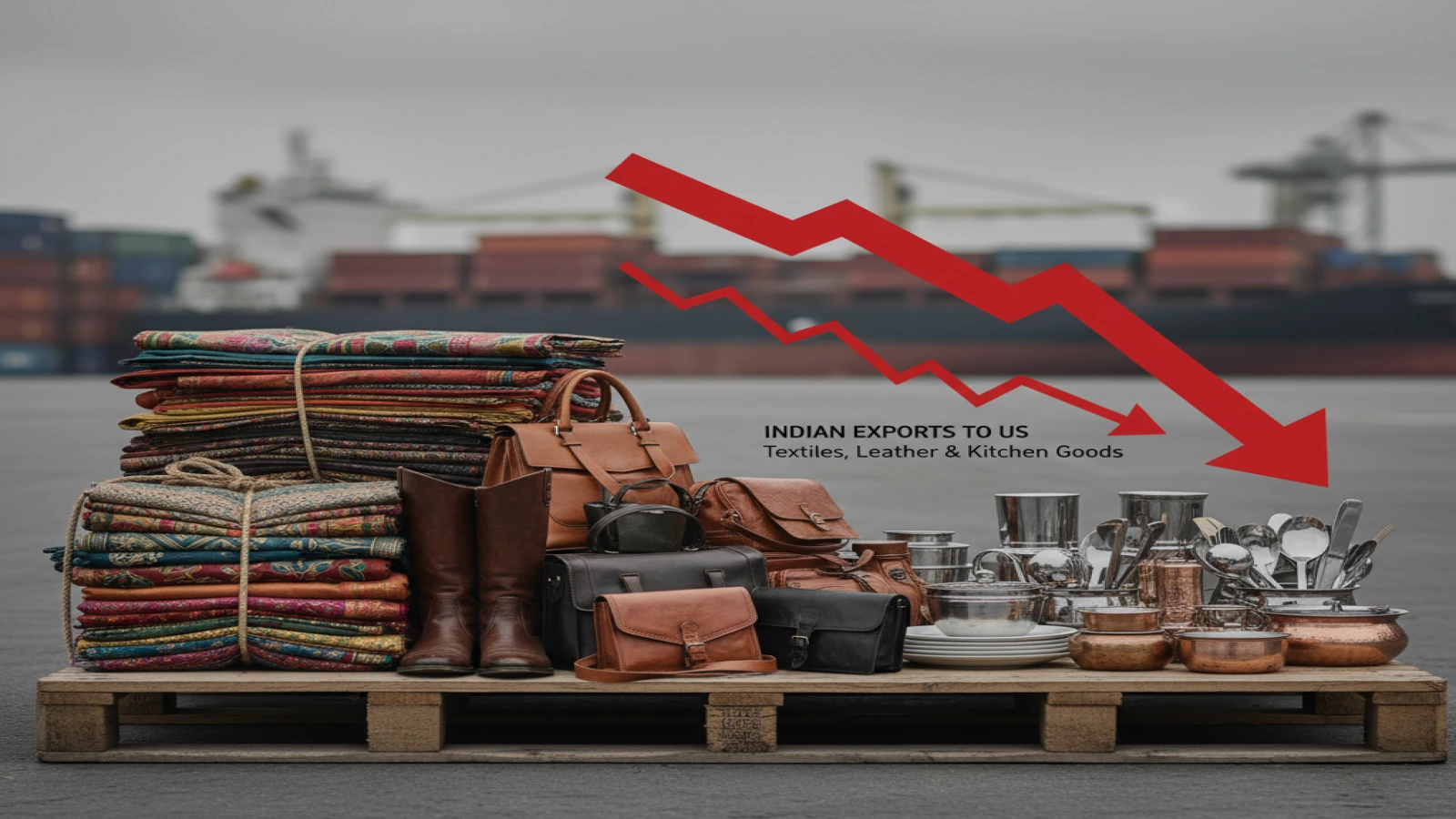



1.webp)
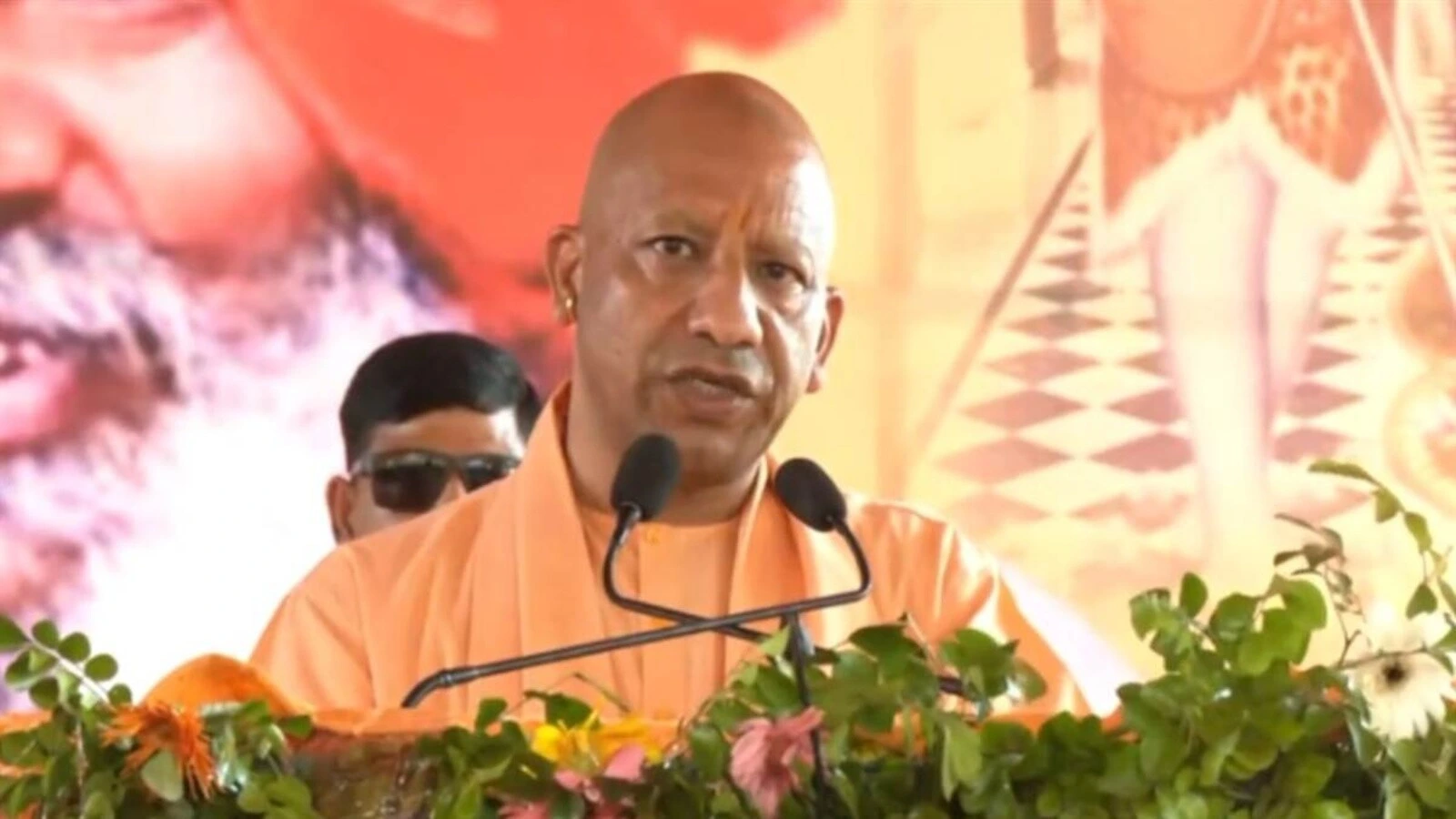
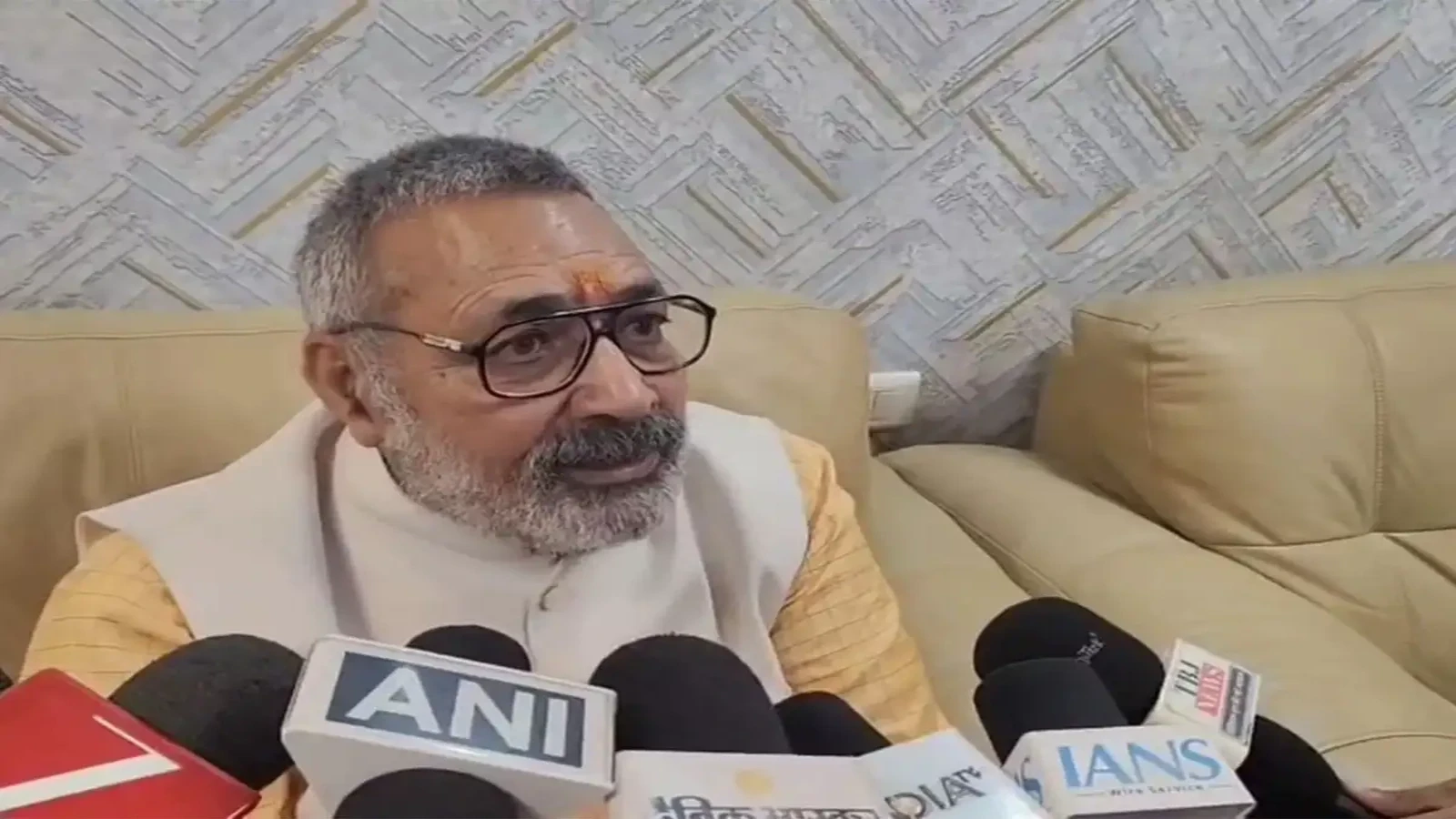






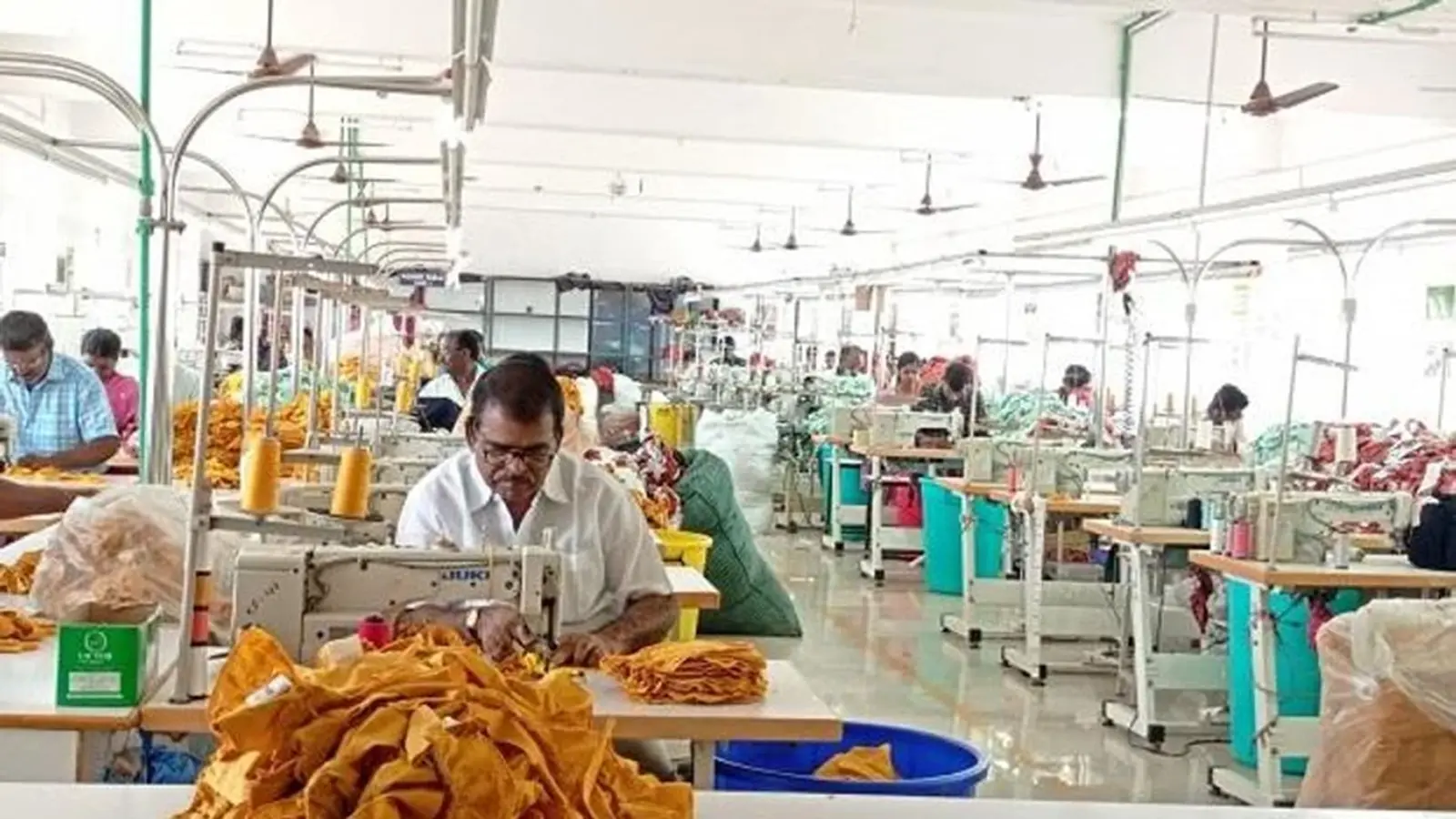



1.webp)


1.webp)

























1.webp)






















1.webp)





1.webp)
1.webp)














1.jpg)






















1.jpg)




























_large1.jpeg)

























































.png)










.jpg)
.jpg)
.jpg)










1.jpeg)